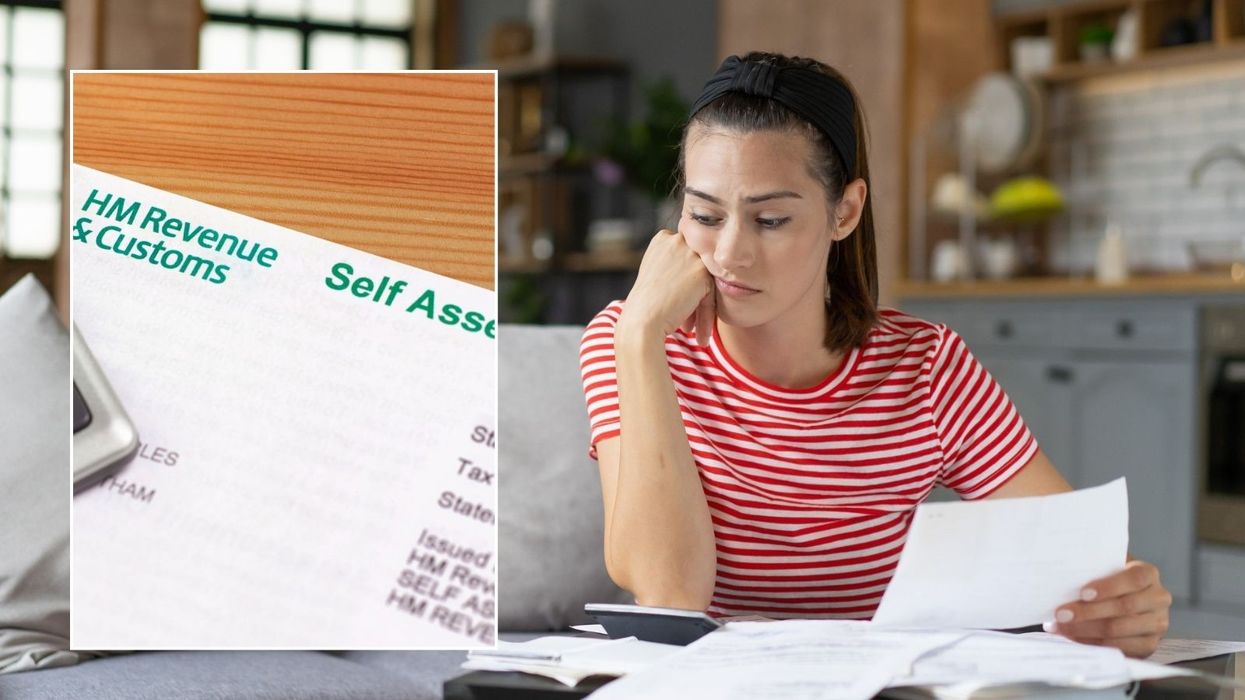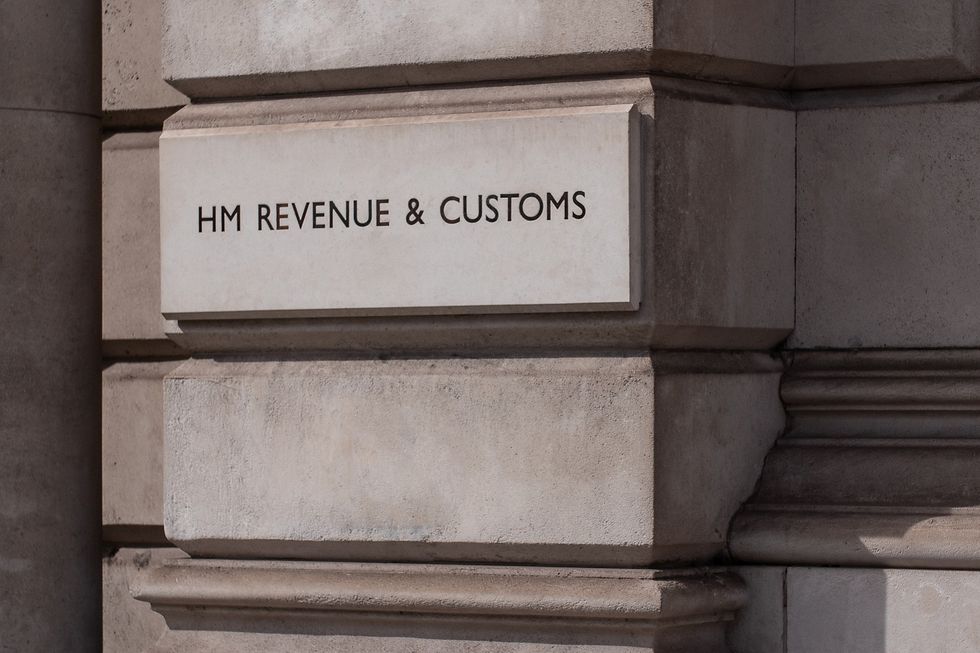HMRC warning: Britons urged to act ahead of tax date or face £100 penalty as deadline looms

The Self Assessment deadline is next month
|GETTY

Britons risk being slapped with a hefty fine if they fail to meet the upcoming tax deadline from HMRC
Don't Miss
Most Read
The deadline for submitting Self-Assessment tax returns to HM Revenue and Customs (HMRC) is fast approaching and households face being hit with a £100 penalty if they do not file on time.
Taxpayers who prefer to file paper returns must do so by October 31, a full three months ahead of the online submission deadline.
As part of the Self-Assessment tax form, individuals with untaxed income need to report their earnings to HMRC.
This includes self-employed workers, landlords, and those with significant investment income outside of ISAs. For the majority who opt for online submission, the deadline extends to January 31 2025.
However, regardless of the chosen method, it's crucial to begin the process early to avoid last-minute stress and potential penalties.
To file a Self-Assessment tax return, individuals must first obtain a unique taxpayer reference from HMRC. This process can take up to 15 days.
Do you have a money story you’d like to share? Get in touch by emailing money@gbnews.uk.

HMRC has multiple deadlines for self-employed people
| GETTYOnce received, taxpayers can choose between paper and online submission methods.
Those opting for paper returns must request the SA100 form and any necessary supplementary pages from HMRC, as these are no longer routinely sent out.
Online filing is an option for taxpayers but some groups, such as the visually impaired or less digitally savvy individuals, may still prefer paper returns.
Meeting the Self-Assessment deadline is crucial to avoid penalties. Late submission can result in an immediate £100 fine, with additional charges accruing for prolonged delays.
For those struggling to pay their tax bill, HMRC offers the option to set up a payment plan. However, this must be arranged within 60 days of the payment deadline.
It's important to note that the tax payment deadline is January 31 2025, coinciding with the online submission deadline. Some taxpayers may also have a second payment due on July 31 for advance payments, known as 'payments on account'.
If faced with difficulties, individuals can appeal against penalties if they have a reasonable excuse. However, it's always best to file and pay on time to avoid complications and additional stress.
Sarah Pennells, consumer finance specialist at Royal London, offers valuable advice for those facing Self-Assessment challenges.
"If you're going to struggle to pay this year's tax, you may be able to set up a payment plan with HM Revenue and Customs, but one of the conditions is that you must be within 60 days of the payment deadline, so you must act quickly."
Pennells recommends building financial resilience by setting aside money regularly.
LATEST DEVELOPMENTS:

Britons are being warned to prepare in advance of the deadline
| GETTY IMAGES"Look at the total tax you owed this year, from your July and January instalments, and put away a twelfth of that every month in a savings account to prepare for 2025," the tax expert said.
According to Pennells, there is a great deal of confusion surrounding the Self-Assessment system which Britons still struggle with.
She explained: "It's equally concerning that there's so much confusion about the self-assessment system almost 30 years after it was introduced, particularly about who needs to fill in a self-assessment tax return."
"If you've had income that you've not been taxed on, the chances are you'll need to fill in a self-assessment tax return – unless it's something like dividend income from investments held within an ISA – which is tax free."










